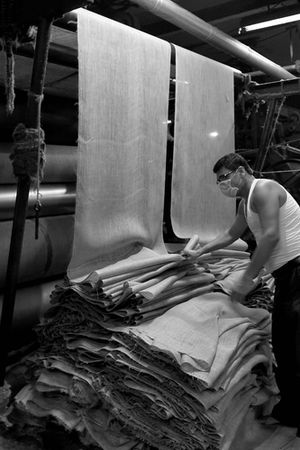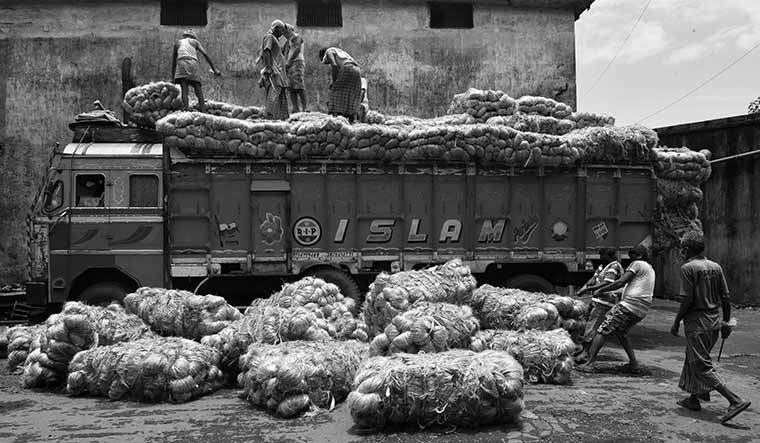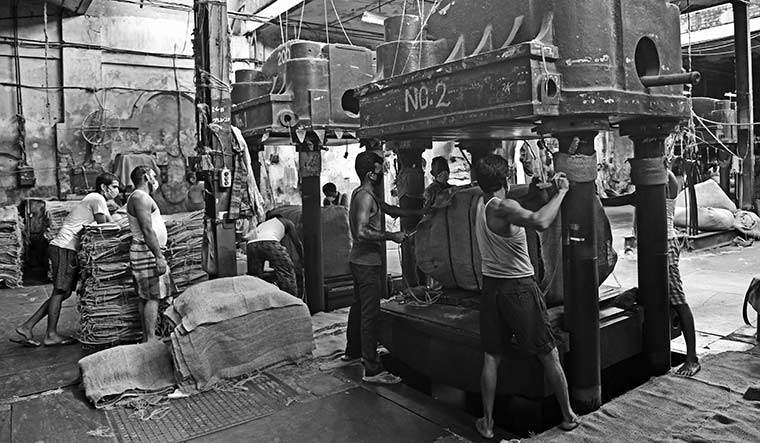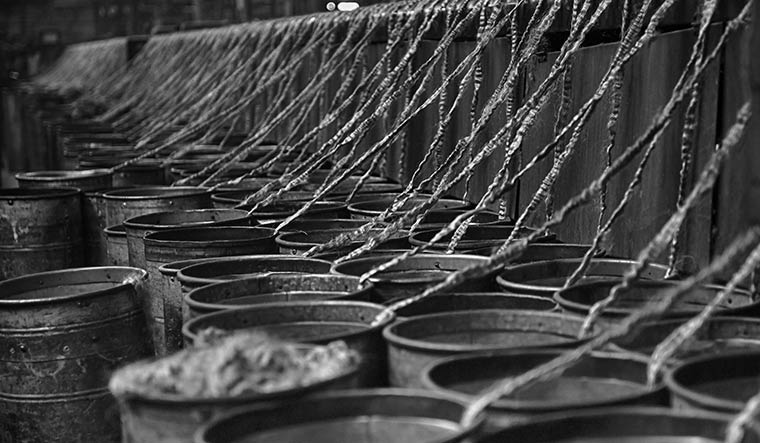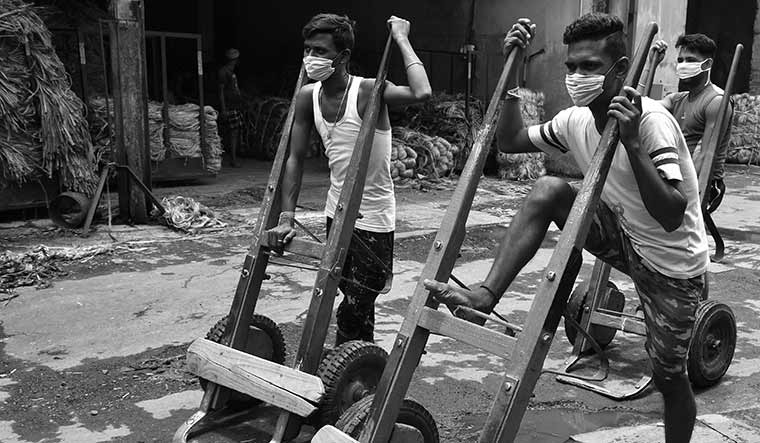The once teeming jute industry in West Bengal has put its best foot forward during the pandemic. On June 1, the Indian Jute Mills Association (IJMA)—an apex body that control’s the trade of the fibre—opened 70 of its mills on the banks of the Hooghly in Howrah, and in North 24 Parganas district, amid easing of lockdown restrictions.
This, after the state government allowed mills to function with 100 per cent work force.
Earlier, in April, the government had allowed jute industries to open with 15 per cent workforce, on the lines of the labour-intensive tea plantations in north Bengal. But many mills could not start operations till June 1, as the industry needs at least 50 per cent of the labour force to begin manufacturing.
The jute industry has an inherent strength, because its labourers maintain over two metres social distancing while at work. The IJMA believes that it would take up to three months for the business to gain momentum, amid an estimated loss of Rs1,250 crore.
“Gradually, production will come back to normal because we had to wait for long to start functioning,” said Sanjay Kajaria, ex-chairman, IJMA. “There was an acute labour crunch, as many had left during the initial enforcement of lockdown restrictions…. To make matters worse, the deadly strain of pathogen, and the growing fear of contamination halted manufacturing.” The mill owners are now trying to meet pressing deadlines, as the supply backlog has risen to 2.5 lakh bales for the rabi season. Jute is crucial to Bengal’s economy, as some 70 mills together employ around three lakh workers. A crucial employer in a state struggling with unemployment, and the fallout of Covid-19 infections and Cyclone Amphan.


